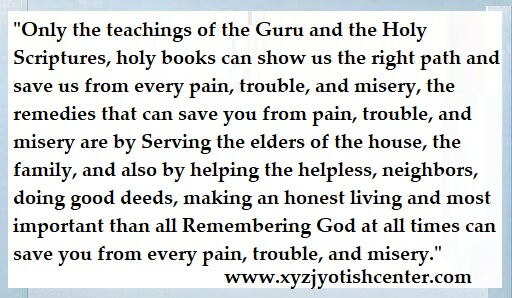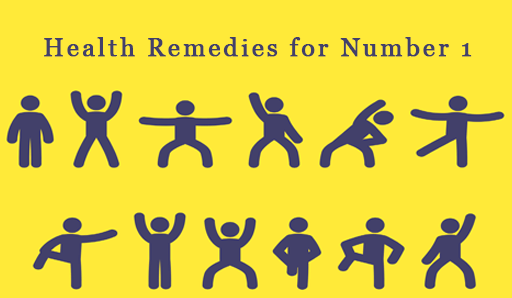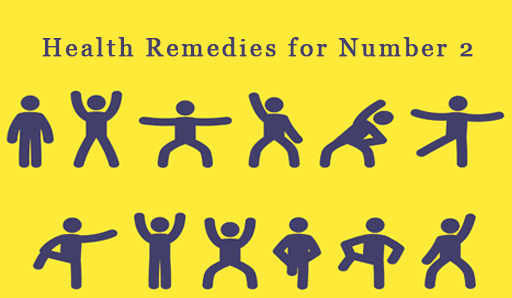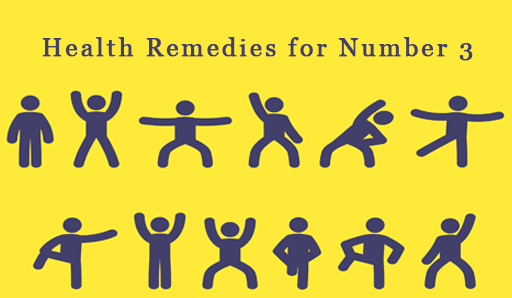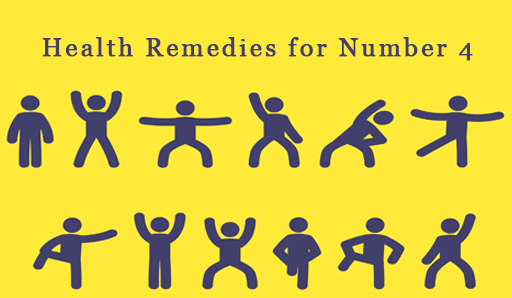“Through prayer, fasting, and studying, God will answer.”
Fasting is commonly an act of active control or reduction of certain or all food, drink, or both, for a period. People seem to observe fasting for a variety of reasons such as religious, general, physical, hygienic, some real worldly gains, and so on. This practice has its origins in human society dating to the beginning of recorded history.
Some people fast as a way to lose weight. When the body is starved of food, it starts to burn fat so that it can make energy. This can lead to weight loss. However, if you fast for too long and periodically, then your body will eventually start breaking down muscle protein for energy, which is unhealthy. Which is why people who starve, look fragile and become fragile. Even though poor health outcomes later in life. Others fast to try to take treatment to rid the body of poisonous substances, especially alcohol and drugs from their bodies.
A person’s entire immune system can be rejuvenated by fasting for as little as three days as it activates the body to start producing new white blood cells, a study suggests, and a few people fast for religious reasons. Fasting is recommended as the active control, austerity, because it helps us control our senses, and thought control is very helpful in becoming divine conscious. If our senses are out of control and unregulated, we won’t be able to come to the mode of goodness, spiritual mindful, which is required for making sure and steady spiritual progress. Fasting is also good for health because it gives the digestive organs a rest.
“As far as the body is concerned, there are few susceptibilities—eating, sleeping, and enjoying. The problem with modern society is that it is trying to increase these demands, but they should be decreased instead. Eat what we need, and sleep when we need, and our health will be excellent. Because in the beginning, because we are accustomed to eating voraciously, so don’t try to eat less artificially. You eat. But try to minimize. Therefore, there is instruction of fasting. The more you can reduce your sleep and eating, you keep good health, especially for spiritual purposes.
Spiritual Fasting requires self-control and discipline as one denies the natural desires of the flesh. As it appears that people take on religious fast in the hope of fulfilling a variety of material and spiritual desires. Naturally, the purpose of religious fasting seems to be to reduce the sense of fear lurking in the deluded mind and to please God for securing the fulfillment of deep-rooted subconscious cravings, as well as liberation. During religious fasting, the believer’s focus is removed from the physical things of this world and intensely concentrated on God.
Prayer and fasting are defined as voluntarily going without food to focus on prayer and fellowship with God. Prayer and fasting often go hand in hand, but this is not always the case. You can pray without fasting, and fast without prayer. It is when these two activities are combined and dedicated to God’s glory that they reach their full effectiveness.
When it comes to making your final decision about what type of fast is right for you, the best advice we can accept is to follow the leading of the Divine Spirit. He will guide your heart and mind as to what is best for you. Remember, the most important consideration in fasting is your motive. Why are you fasting? To seek something personally from God’s hand or to seek His face in worship, praise, and thanksgiving?
Fasting is the most powerful spiritual discipline of mostly for all the spiritual disciplines. Through fasting and prayer, the Divine Spirit can transform your life.
Prayer and spiritual mindfulness do not say fasting and daily rituals are pointless; the message is that if you do these actions without knowing and remembering the Lord then what is the point of these activities. All the measures become pointless if you do not remember the Lord.
‘Without the Lord, other deeds are useless.

